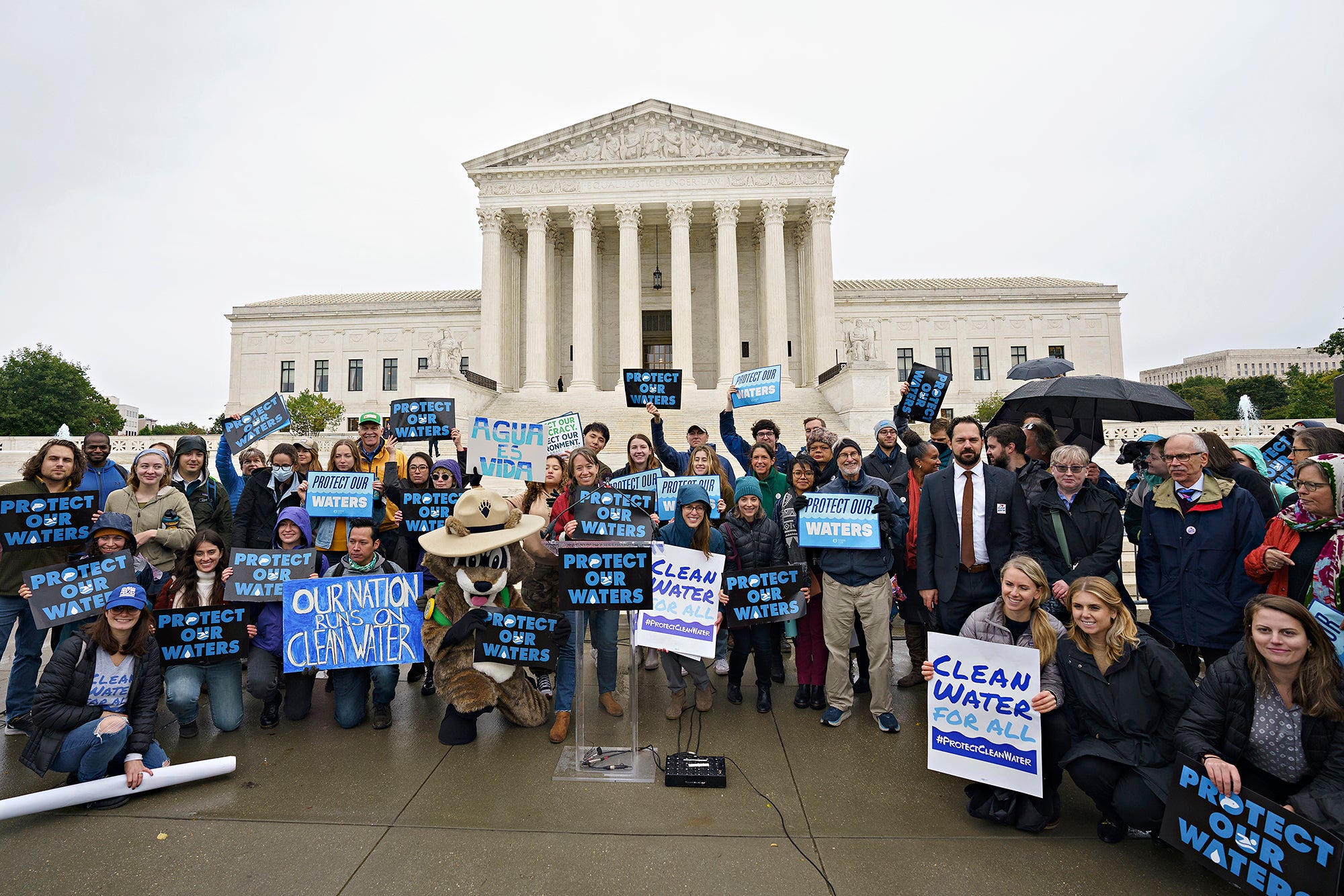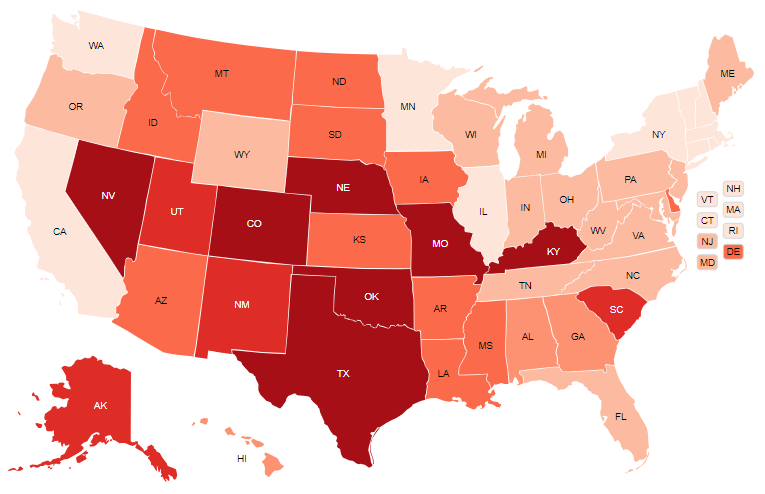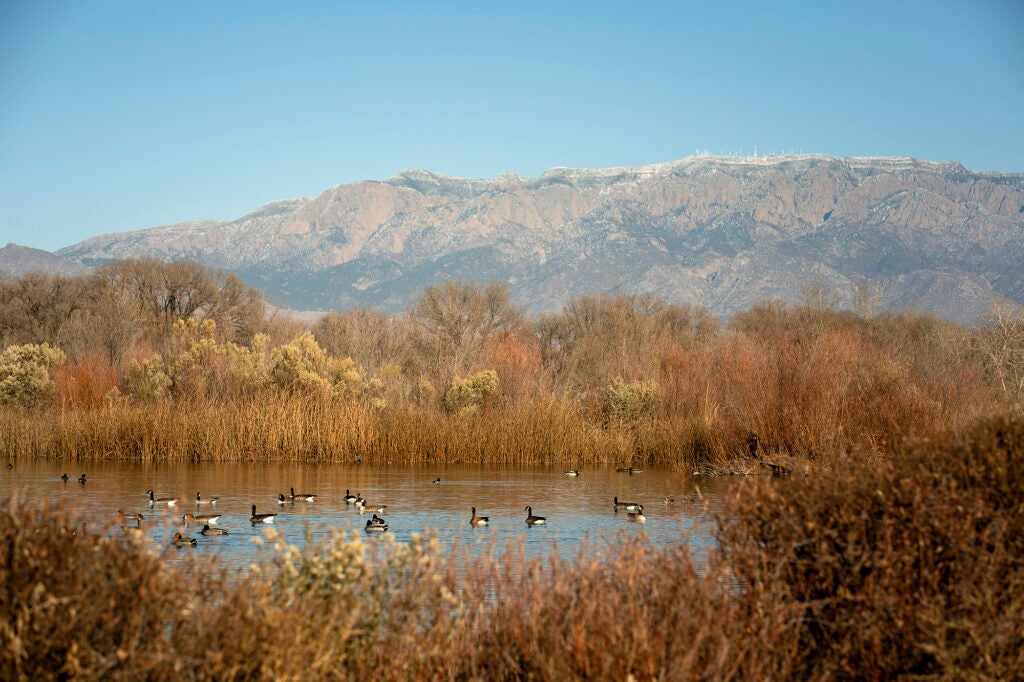When the Supreme Court Gutted Clean Water Protections, Local Champions Stepped Up
A year after Sackett v. EPA, here’s how advocates are fighting state by state to restore safeguards against pollution and habitat destruction.

This page was published a year ago. Find the latest on Earthjustice’s work.
One year ago this week, the Supreme Court weakened the Clean Water Act and removed protections for no less than 118 million acres of wetlands, or 60% of the wetlands the country has left.
Experts agree: The court’s decision in Sackett v. EPA unraveled 50 years of advancements in safeguarding our waters. It exposes critical wildlife habitats to destruction by mining, oil and gas operations, industrial agriculture, and irresponsible land use.
But as we reflect on the damage of this case, it’s important to also reflect on the ongoing efforts (and wins) we see in multiple states to restore protections for our wetlands and waters.
Because when the conservative supermajority in the Supreme Court rejected established science and greatly limited the definition of protected wetlands, advocates nationwide sprang into action. They’re working to correct this state by state and resist state lawmakers who seek to further weaken water protections, especially post-Sackett.

States where wetlands and streams are most in danger after the U.S. Supreme Court’s Sackett v. EPA ruling. See map.
In many places, these advocates were already fighting for better state protections. Now those state campaigns are more important than ever, since many wetlands and waters are only protected by state laws. This is why Earthjustice partnered with the Clean Water for All coalition in supporting the Protect Our Waters campaign, which is helping local champions to achieve strong state and federal clean water protections.
Battling corporate polluting industries that can outspend grassroots community members is an uphill battle, but there have already been significant victories for clean water in states across the U.S.
The Protect Colorado Waters Coalition, in collaboration with Colorado General Assembly Speaker Julie McCluskie and state agency staff, drafted legislation that passed this month, reinstating protections for wetlands and seasonal streams.
Similarly, in Illinois, the Protect Illinois Waters Coalition’s drafted legislation is making progress through the committee process, with overwhelming public support. A coalition press conference introducing the bill garnered media coverage and provided an opportunity for legislators to hear from individuals about how wetlands support farmers, public health and outdoor recreation in the state.
Furthermore, in New Mexico, where the impacts of the Sackett decision could impact up to 98% of state waters, Governor Lujan Grisham’s signing of an appropriations bill authorizing $7.6M to support state surface water quality funding, including protections for wetlands, is a monumental victory. The Protect New Mexico Waters Coalition’s incredible organizing efforts played a pivotal role in achieving this milestone.

The Candelaria Wetlands at the Rio Grande Nature Center in Albuquerque, New Mexico. (The Washington Post)
But while there have been notable successes, challenges remain in the fight to restore wetland protections. Right after SCOTUS decided Sackett v EPA, North Carolina passed a law restricting the state from having water protections any stronger than newly-weakened protections. Indiana recently passed legislation restricting which wetlands receive robust protections under state law. States such as Georgia face legal battles over water rights for critical ecosystems like the Okefenokee Swamp.
Additionally, states like Missouri and Florida are being confronted with the threat of harmful legislation that could undermine environmental conservation efforts for years to come. Of course, while all of this is happening, extractive corporations are beginning to profit from the Sackett ruling by dumping their waste and destroying wetlands and streams without any permitting.
We must not despair, but instead redouble efforts. If there is something to learn from the ongoing advocacy, it is that the public overwhelmingly supports protection of our waters. In fact, four out of five Americans have favorable opinions of the Clean Water Act. Moreover, after learning about the Clean Water Act’s federal safeguards, nine in 10 adults nationwide expressed concern if polluters didn’t have to meet water quality requirements before dumping waste into streams or wetlands. This is true for people regardless of where they live or what party they vote for – most people understand that waters are connected and must be protected.
This tells us that there are ample opportunities for progress and mobilization, and that Congress already has the public backing it needs to fix the legal mess that the Sackett decision created. Implementing a federal legislative fix will require much work, but the fight for wetland and streams just started, and with unwavering commitment and grassroots advocacy, we can protect our waters, preserve our ecosystems, and secure a healthier, more sustainable future.
Established in 1989, Earthjustice's Policy & Legislation team works with champions in Congress to craft legislation that supports and extends our legal gains.